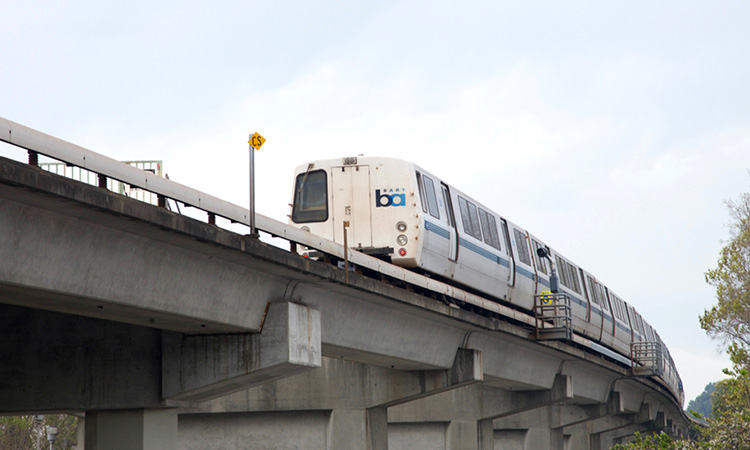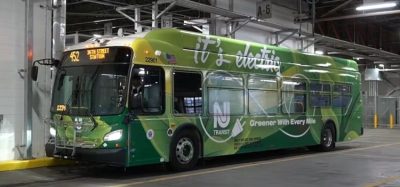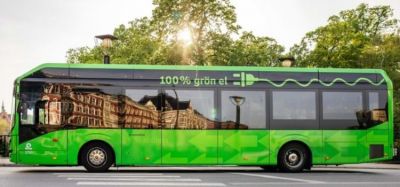BART’s 2022 Sustainability Report celebrates 50 years of modernisation
- Like
- Digg
- Del
- Tumblr
- VKontakte
- Buffer
- Love This
- Odnoklassniki
- Meneame
- Blogger
- Amazon
- Yahoo Mail
- Gmail
- AOL
- Newsvine
- HackerNews
- Evernote
- MySpace
- Mail.ru
- Viadeo
- Line
- Comments
- Yummly
- SMS
- Viber
- Telegram
- Subscribe
- Skype
- Facebook Messenger
- Kakao
- LiveJournal
- Yammer
- Edgar
- Fintel
- Mix
- Instapaper
- Copy Link
Posted: 2 August 2023 | Intelligent Transport | No comments yet
BART’s Sustainability Report highlights its commitment to sustainability in regional travel, focusing on reducing carbon emissions and adopting eco-friendly practices, offering Bay Area residents a greener alternative to cars.


The Bay Area Rapid Transit system (BART) has announced that it has released its annual Sustainability Report for 2022, highlighting its efforts to provide green and modernised transportation options. BART has emitted significantly less CO2 compared to driving, with riders getting an impressive 73.3 miles per gallon, three times more efficient than driving alone.
“Today, BART is one of the greenest options for Bay Area residents traveling around the region,” said BART General Manager Bob Powers in his introductory message to the report. “Every time you ride rather than drive, you’re helping to reduce regional pollution and support sustainability.”
With 50 years of service in the Bay Area, BART’s founders have prioritised central locations for easy access and established Transit-Oriented Development hubs, fostering housing and commercial spaces near transit stops. Since its inception, BART has been designed to run electric trains, resulting in no emissions or pollution, with core BART trains having been powered by 100% greenhouse gas-free sources like hydroelectric, wind and solar generation since 2020.
CTDOT announces return of Connecticut’s battery electric buses
BART’s sustainability efforts have yielded remarkable results. In 2022, it achieved its 2025 greenhouse gas emissions target goals, with a 92% drop compared to 2015. It also recorded its lowest total energy and potable water use in 2015. The report emphasises BART’s modernisation projects, such as LED lighting at stations and energy-efficient fixtures in restrooms, saving energy and enhancing the rider experience.
As climate change is a top priority for BART, given the record wildfires in the Bay Area, the agency has updated its Local Hazard Mitigation Plan to address natural hazards, such as flooding, rising sea levels, extreme heat and wildfires. In addition, the agency has endorsed the Bay Adapt Joint Platform, a regional strategy to adapt to rising sea levels, in collaboration with other Bay Area cities and organisations.
If you liked this, you may also be interested in:
▶ British Columbia’s public transit receives over $395.5 million boost
▶ Taskforce launched to drive zero-emission technologies in rural bus services
Related topics
Air Quality, Alternative Power, Public Transport, Sustainable Urban Transport
Related modes
Bus & Coach, Train
Related cities
San Francisco
Related countries
United States
Related organisations
Bay Area Rapid Transit (BART)
Related people
Bob Powers








